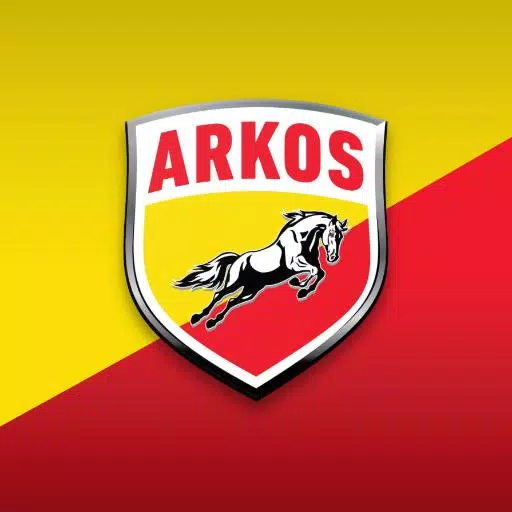The Screen Actors Guild - American Federation of Television and Radio Artists (SAG-AFTRA) has recently updated its members on the ongoing negotiations regarding AI protections for video game actors. While some progress has been achieved, the guild remains "frustratingly far apart" from the industry bargaining group on crucial issues.
SAG-AFTRA has provided a detailed chart highlighting the discrepancies between its proposals and those of the bargaining group, which represents major AAA gaming companies. Key points of contention include:
- Protection from Digital Replica or Generative AI Use: SAG-AFTRA advocates for protections covering all work, not just future work post-agreement.
- Definition of "Digital Replica": The guild proposes including any performance, vocal or movement, that is "readily identifiable or attributable" to a performer. In contrast, the bargaining group prefers "objectively identifiable," which SAG-AFTRA believes could exclude many performances.
- Inclusion of "Movement" Performers: SAG-AFTRA wants these performers included in the AI agreement.
- Terminology for AI-Created Performances: SAG-AFTRA favors "real-time generation," while the bargaining group uses "procedural generation," which the guild argues has a different meaning in the gaming context.
- Disclosure Requirements: Disputes exist over whether employers must disclose blending voices for digital replicas or using voices for real-time chatbots versus scripted dialogue.
- Consent During Strikes: SAG-AFTRA proposes withdrawing consent for digital replica use during strikes, whereas employers want to continue using them, even on struck games.
- Duration of Consent for Real-Time Generation: SAG-AFTRA suggests a five-year consent period, renewable thereafter, while the bargaining group seeks unlimited consent.
- Compensation for Digital Replica Use: There are disagreements on minimum payments, though tentative agreements on bonus pay have been reached.
- Bonus Rights Proposal: The bargaining group's proposal, similar to the SAG-AFTRA TV/Film agreement, is considered too broad by the guild, potentially undermining union rights.
- Tracking Digital Replica Use: SAG-AFTRA wants to implement a tracking system to ensure appropriate compensation, which the bargaining group deems unfeasible.
- Definition and Regulation of "Synthetic" Performers: There are ongoing discussions about characters created entirely by generative AI systems.
Despite tentative agreements on other issues like bonus pay and dispute resolution, SAG-AFTRA expressed concerns that the employers are misleading members about the closeness of a deal. Duncan Crabtree-Ireland, SAG-AFTRA's national executive director and chief negotiator, warned members against taking roles that could undermine the strike and expose them to AI misuse without protections.
In response, Audrey Cooling, spokesperson for the video game industry bargaining group, highlighted their proposed deal, which includes significant wage increases, enhanced health and safety protections, and additional compensation for AI digital replica use.
The SAG-AFTRA video game strike, now in its eighth month, was triggered by disagreements over AI provisions despite agreement on 24 out of 25 other contract proposals. The impact is increasingly visible in the industry, with games like Destiny 2 and World of Warcraft showing unvoiced NPCs, and incidents like the recasting of characters in Call of Duty: Black Ops 6 and Zenless Zone Zero due to the strike.















